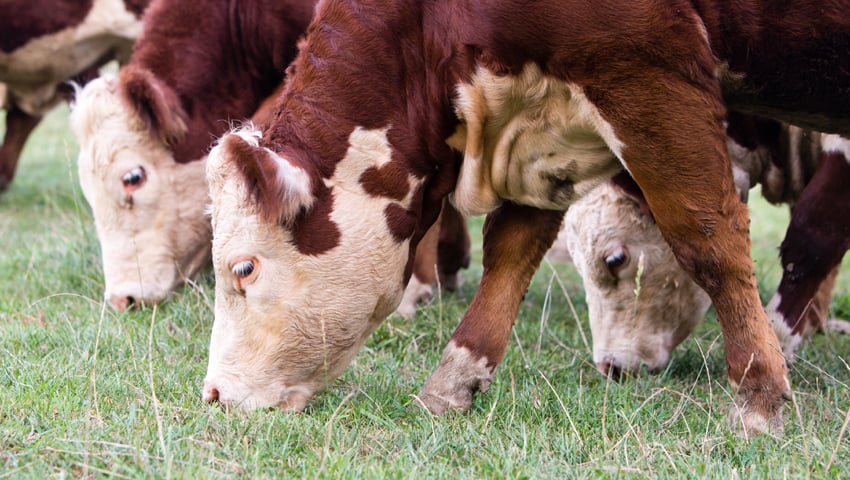GRAZING plays a crucial role in regulating soil organic carbon storage in grassland ecosystems. These ecosystems store 10 to 30% of the global soil organic carbon (SOC) and can help to mitigate the increase in atmospheric CO2 concentrations.
Now a team of Chinese and German scientists have found that grazing specifically facilitates soil organic carbon formation from plant litter by regulating the micro-environment.
Agroecological farmers are already delivering accelerated soil organic carbon accrual using livestock, day-to-day observations and adaptive management techniques. This news will therefore come as little surprise to those working in agroecology – but the research still represents a step forward as the scientific process attempts to quantify complex ecological processes.
Through a multi-year experiment, the scientists investigated how changes in grazing influenced the microbial assimilation of plant litter carbon and soil organic carbon formation from decomposed litter carbon. Grazing was simulated with trampling, mowing and dung and urine return.
The researchers found that while the grazing treatments changed soil properties marginally, mowing decreased above-ground plant biomass, litter mass, plant height, and plant cover (−12 % to −79 %).
Accordingly, mowing treatment increased the exposure of litter to UV radiation (+38 %) and therefore facilitated the microbial assimilation of litter C (+20 %) and the SOC formation (+15 %).
Trampling promoted the transformation of litter C to SOC pools by mixing litter and soil (+34 %).
Dung and urea return did not affect SOC formation due to a marginal change in available nitrogen.
It should be noted that these research treatments appear to have been applied and assessed individually, while holistic and adaptive multi-paddock management actively applies many physical and organic processes concurrently. Regenerative farmers believe that it is the concurrent trampling, dunging and cycling of nutrients that promotes particularly rapid soil organic carbon accrual in agroecological grazing systems.
The researchers say that “Collectively, our results suggest that grazing facilitates litter-derived SOC formation by regulating microbial involvement through changes in the micro-environment. Our study indicates that grazing promotes SOC formation from plant litter, which maintains SOC storage in grasslands. Accurate quantification of the contribution of plant C input to SOC pools in different grasslands under various utilization is the next step to better predict SOC dynamics.”
